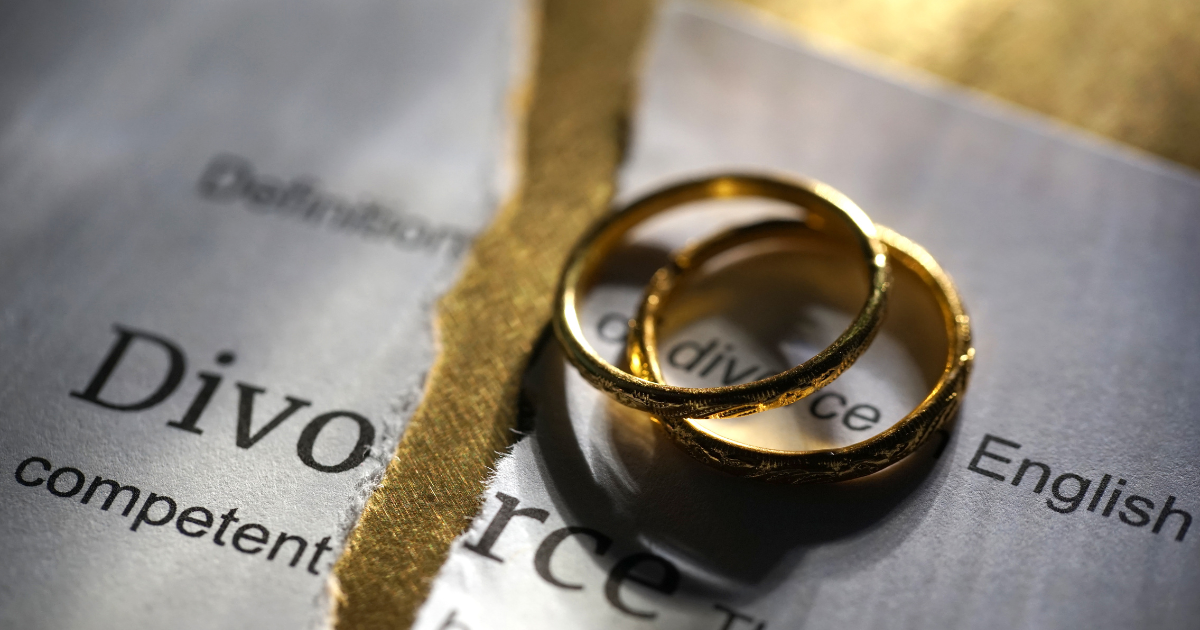Destruction of Property During an Annapolis Divorce

Divorce often brings emotional tension and conflict, especially when it comes to dividing shared assets. Unfortunately, in some cases, these disputes escalate to the point where one spouse intentionally damages or destroys marital property. This behavior can carry serious legal consequences and may significantly impact the outcome of the divorce proceedings. Understanding how the destruction of property is addressed in divorce cases is crucial for protecting one’s rights and interests during this difficult time.
Understanding Marital Property
Before examining how the destruction of property affects a divorce, it is important to understand what constitutes marital property. In Maryland, marital property generally includes assets acquired by either spouse during the course of the marriage, regardless of whose name is on the title. This can include the family home, vehicles, furniture, bank accounts, and even certain retirement benefits.
Any property acquired before the marriage or through inheritance or gift (specifically designated to one spouse) is typically considered separate property. However, if separate property is commingled with marital assets, it may be subject to division.
When Emotions Turn into Property Damage
During the divorce process, emotions can run high. Anger, resentment, and feelings of betrayal may lead some individuals to act out by damaging or destroying property that belongs to their spouse or to the marital estate. Common examples of this behavior include:
- Smashing electronics or appliances
- Vandalizing vehicles
- Destroying personal items such as clothing, jewelry, or photographs
- Intentionally damaging the marital home
These actions are not only emotionally harmful but can also have financial and legal repercussions. Courts take these behaviors seriously, especially when they appear to be motivated by revenge or a desire to diminish the value of marital assets.
Legal Consequences of Destroying Property
Destruction of property during divorce is more than just a civil matter—it can also rise to the level of criminal behavior. Depending on the severity of the damage and the circumstances surrounding it, the offending party could face charges such as malicious destruction of property or vandalism. Even if criminal charges are not filed, the behavior can still influence the divorce settlement.
In divorce proceedings, judges have broad discretion to ensure a fair and equitable distribution of marital property. If one spouse has destroyed assets out of spite or in an attempt to gain an advantage, the court may penalize that behavior by adjusting the division of remaining assets. For example, the spouse responsible for the destruction may receive a smaller share of the marital property or may be required to reimburse the other spouse for the damaged items.
Proving Destruction of Property
When a spouse claims that property has been intentionally destroyed, documentation is key. Photos, videos, receipts, and witness statements can help establish the value of the destroyed items and the circumstances under which they were damaged. Police reports and insurance claims may also serve as valuable evidence in court.
Legal counsel can assist in gathering and presenting this evidence in a way that supports the client’s case. The court will consider not only the value of the destroyed property but also the intent behind the actions and the impact on the overall financial picture.
Preventing Property Destruction During Divorce
To minimize the risk of property being damaged during a divorce, it is wise to take proactive steps early in the process. These may include:
- Creating a detailed inventory of marital property
- Securing valuable or sentimental items
- Avoiding unnecessary confrontations or escalating arguments
- Seeking temporary court orders for property protection, if necessary
Annapolis Divorce Lawyers at Oliveri & Larsen Help You Protect Your Rights and Property During a Divorce
If you are going through a divorce and believe your spouse is intentionally destroying or damaging marital property, it is essential to act quickly. Speak with the Annapolis divorce lawyers at Oliveri & Larsen today. Contact us online or at 410-295-3000 to schedule your initial consultation with our experienced team. Located in Annapolis, Maryland, we proudly serve clients in Ocean City, Anne Arundel County, Baltimore County, Baltimore City, Calvert County, Harford County, Howard County, Queen Anne’s County, St. Mary’s County, Worcester County, Kent County, and the upper and lower Eastern Shores of Maryland.
